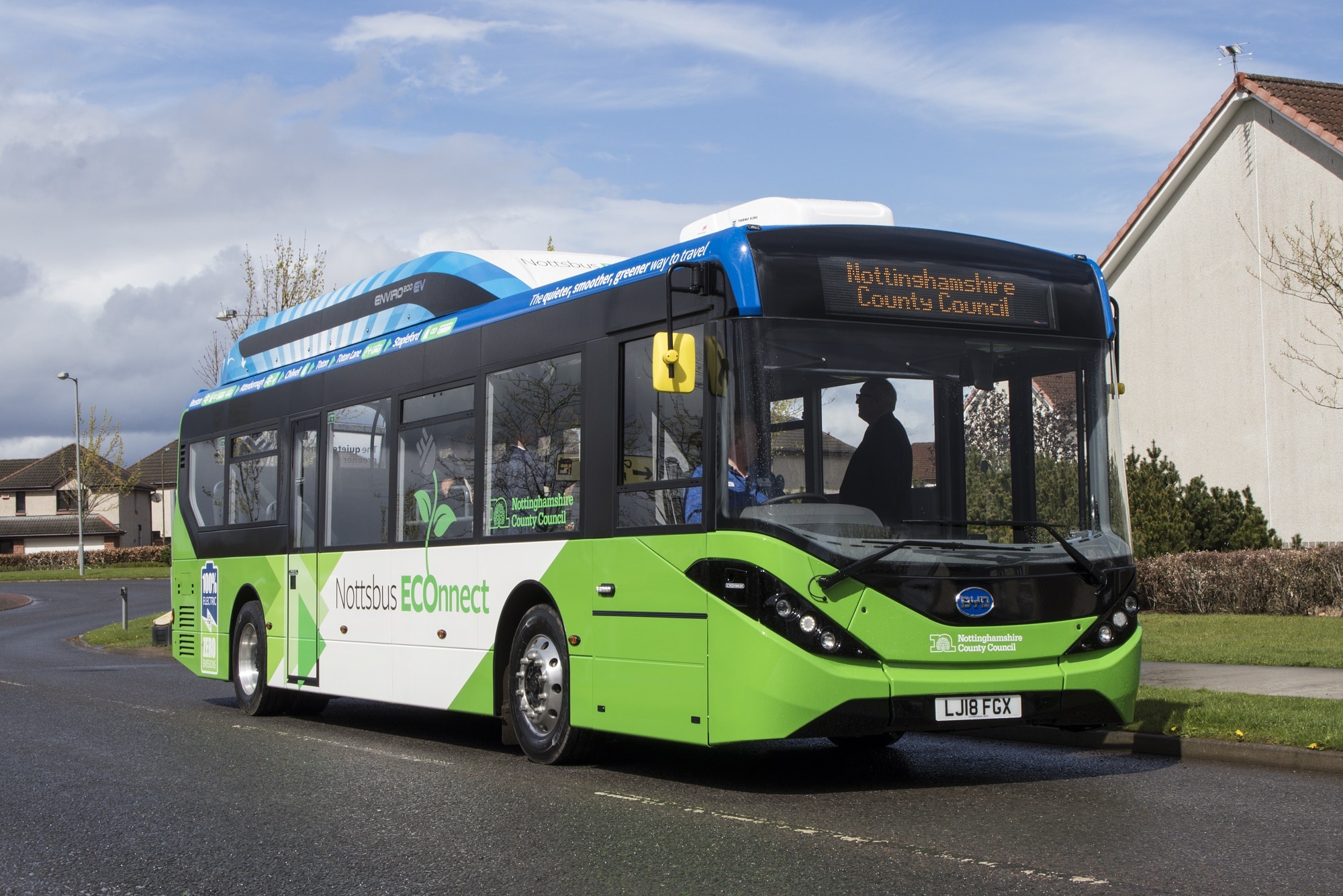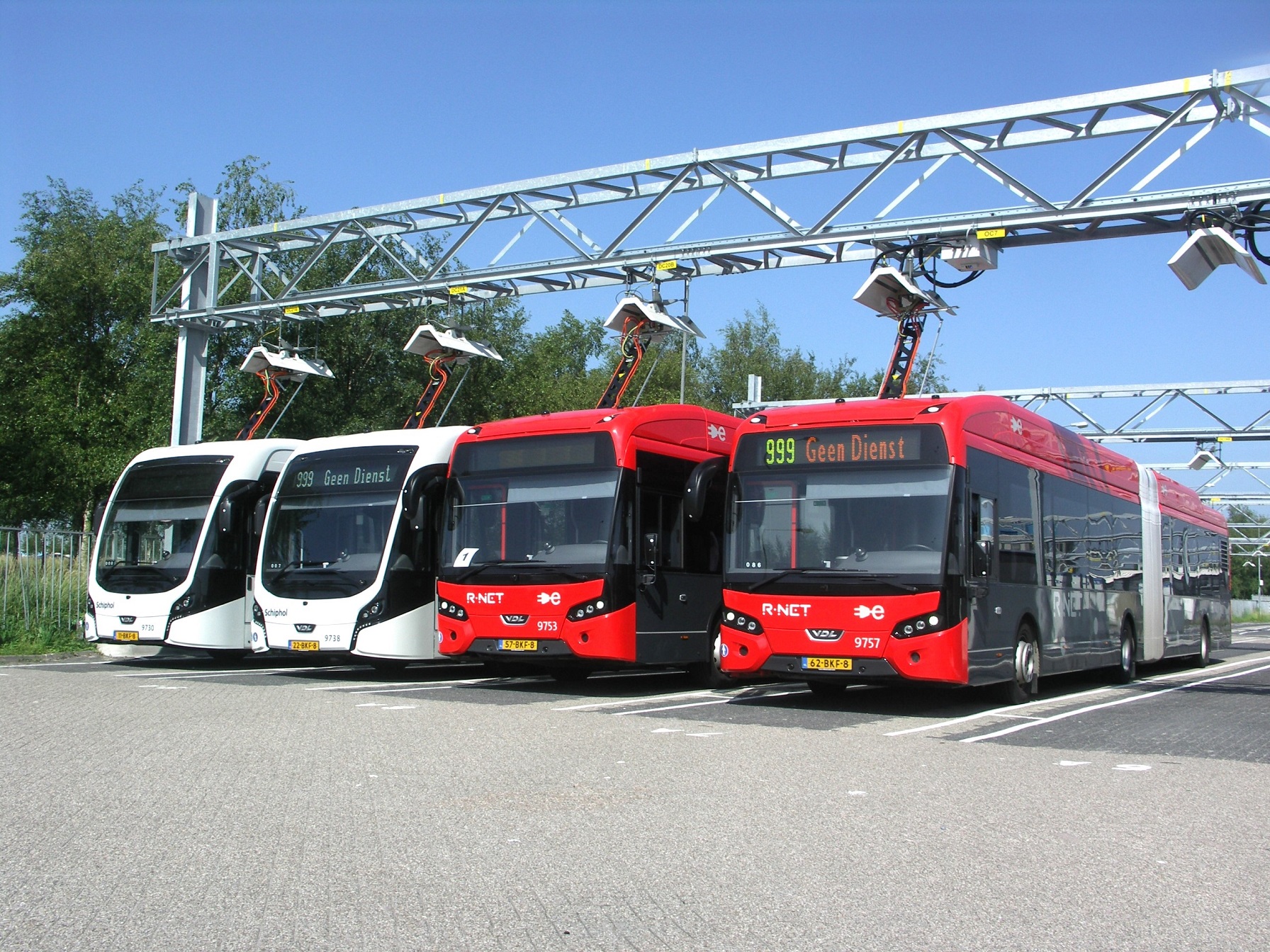The nationwide strategic plan for buses needs a major rethink, argues our political insider
It’s fair to say that the Department for Transport’s (DfT) response to the Transport Select Committee’s report on its inquiry into the National Bus Strategy was fairly underwhelming. But then I didn’t expect much else!
DfT was never going to acknowledge that the National Bus Strategy was a damp squib. Indeed, such is the skill of civil servants’ drafting that DfT’s response was able to welcome the Transport Committee’s report — despite much criticism within it — for its view that the strategy was “ambitious, full of good ideas and supported by extra much-needed funding”!
The fact that the ambition outlined in the strategy hasn’t been achieved, and never looks likely to be, and that the “extra much-needed funding” fell well short of what the multitude of Bus Service Improvement Plans bid for is completely overlooked. But it was always going to be that way. That’s politics.
The bus strategy may have led the industry to the top of the hill – and then promptly left it there, stranded, with levels of funding that were, and still are, hopelessly inadequate to deliver the strategy’s ambition. But I’m starting to sound like a stuck record.
The real issue now is what happens next. The problem is that I’m not sure anyone has the answer, and nor is there some kind of silver bullet which will solve the issues confronting the industry.
Franchising may not be ‘the answer’
A growing number of transport authorities are talking up franchising as the answer. I’m not sure it really is — although, in the absence of any tangible evidence, I need to be a touch cautious. We need to see Greater Manchester’s franchising scheme run for a couple of years or so to be able to properly assess its success or failure.
To my mind, franchising simply transfers the funding risk from private sector operators to public sector transport authorities. I’m not saying franchising can’t work – but, to make it work, public authorities are exposing themselves to significant financial risk.
So, what happens next, at least in public policy terms? Quite possibly nothing. I can’t see the current government doing much soon — not least because the latest funding settlement runs to 2025, by which time a general election will have been held and, in all probability, Labour will form the next government. So, I suspect this government will simply sit on its hands and tread water.
The Transport Committee called on the government to “set out clearly how it plans to evaluate the success of the National Bus Strategy across its various strands” and to “set out an indicative timescale for the scoping, consultation and publication of future iterations of the plan”.
If I were Secretary of State for Transport, I’m not sure I would want to publish another iteration of the strategic plan. I always said that having a national strategy for bus would be a mistake, and I remain of that view.
The current – and first – strategic plan has surely become an albatross around the necks of both the government and the industry. From the government’s perspective, it has set a high benchmark that can’t be delivered and against which bus policy will be critically judged. From the industry’s perspective, it holds out an ambition that hasn’t been delivered and, in reality, probably never can be except at significant cost.
Pull the plug on the National Bus Strategy
If it were down to me, I would probably actually withdraw the strategic plan – although I recognise that politically the current government can’t do that. It would be much easier for an incoming Labour government to do so, I suggest, not least because Labour would like to see franchising introduced across the country.
I think I would withdraw the concept of a national bus strategy but require transport authorities to carry on producing local bus strategies – which is what the Bus Service Improvement Plans really are.
These plans then become the basis for bidding for funding from government, as they are today, and any shortfall in government funding can always be made up by local funding via the council tax should locally elected councillors and their constituents feel that the importance of the bus merits this.
How would this be different, you may ask, from the system the National Bus Strategy has established? Fair question. But at least the government and the industry won’t have the albatross around their necks of an undeliverable national strategy.
More to the point, since it’s always been recognised that bus services are, by their nature, inherently a local service, it’s never seemed to me to be a good idea for strategy to be national unless the government was willing to put in the funds to deliver it.
We have now seen what it would cost to deliver the scale of ambition the current bus strategy sets out. If that can’t be afforded, then the National Bus Strategy should either be withdrawn or its ambition publicly scaled back.
Time to talk
But perhaps the first question that needs to be answered is this: having now seen one, do the transport authorities and bus operators like the idea of a national bus plan? Or are there elements of the strategy that they like and would want to keep – such as the Bus Service Improvement Plans?
It’s possible that the industry has been expressing its views on the matter privately to DfT officials, although I’ve not picked up any evidence of that. However, as a starting point, perhaps there needs to be an honest and open discussion with transport authorities and operators about whether there should be another iteration of the National Bus Strategy, as proposed by the Transport Committee.
Perhaps that would be opening up a Pandora’s Box, as I suspect there won’t be a unanimous view. But to my mind, one thing is clear: the current National Bus Strategy hasn’t worked, so there needs to be a reset. Perhaps a new Labour government will provide that opportunity.



























